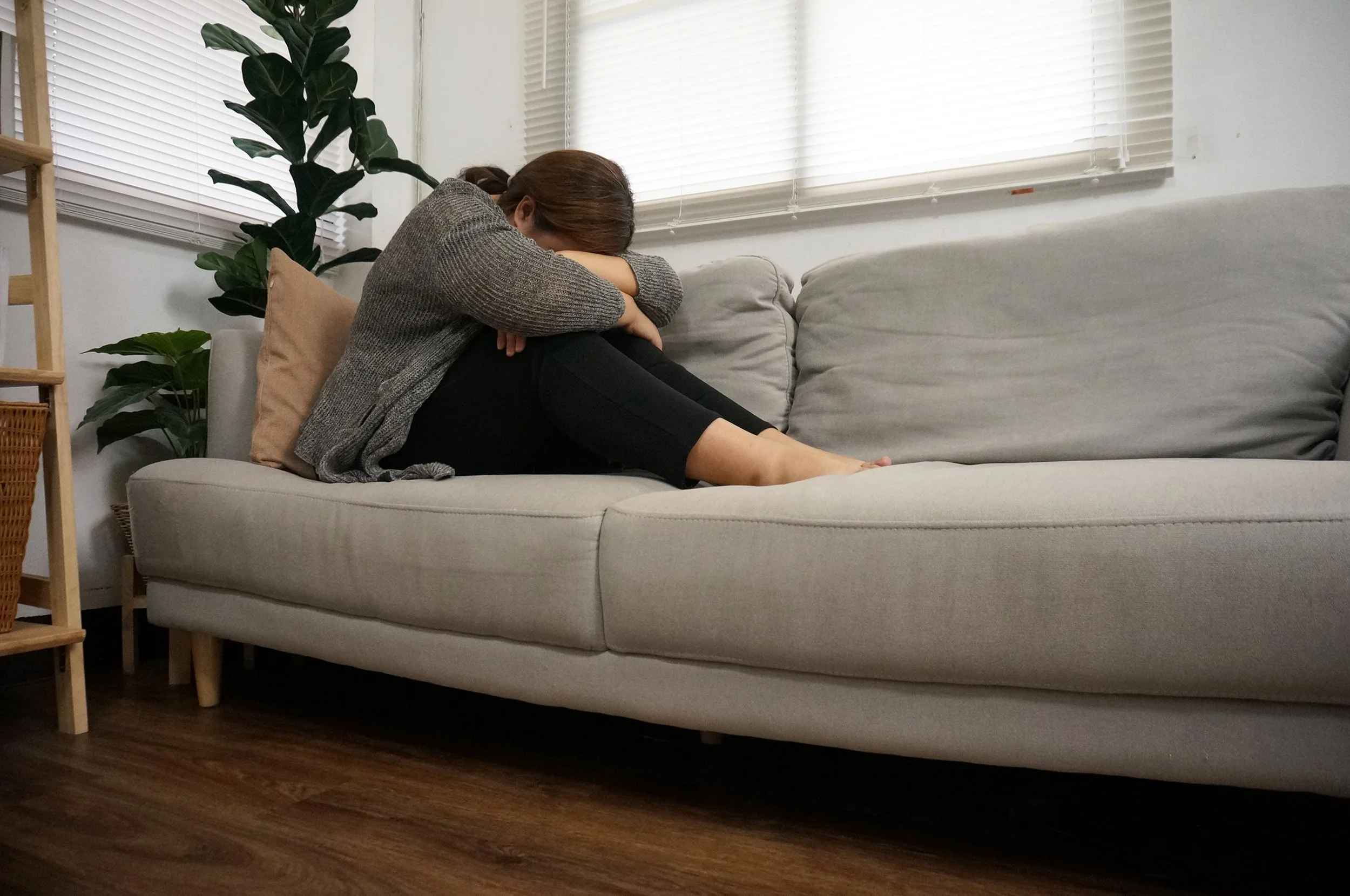
Anxiety & Panic Attacks
Welcome to our comprehensive guide on anxiety and the role of counselling in managing the challenges that come with it. In this resource, we'll explore what anxiety and panic attacks are, their common causes, symptoms, and most importantly, how counselling can help you regain control of your life.
What is Anxiety?
Anxiety is a normal response to stress, but when it becomes chronic or overwhelming, it can interfere with daily life.
Common Symptoms:
Excessive worrying
Restlessness
Irritability
Difficulty concentrating
Fatigue
Somatic symptoms (nausea, sweating, muscle tension, etc)
Sometimes Anxiety Can Lead to Panic Attacks
Panic attacks are sudden, intense episodes of fear and physical discomfort that can occur unexpectedly.
Common Symptoms:
Rapid heartbeat
Shortness of breath
Sweating
Trembling or shaking
Chest pain
Feeling of impending doom
Causes of Anxiety and Panic Attacks
Genetic predisposition
Brain chemistry
Nervous system dysregulation
Environmental factors (stress, trauma, socioeconomic conditions, relationships)
Medical conditions
Substance abuse
The Importance of Counselling
Counselling, often referred to as psychotherapy, is a valuable resource for individuals struggling with anxiety and panic attacks.
Here are some key benefits:
Understanding Triggers: Counseling helps you identify and understand the underlying causes and triggers of your anxiety and panic attacks.
Developing Coping Strategies: Therapists work with you to develop effective coping strategies, such as deep breathing exercises, mindfulness, and relaxation techniques.
Behavioural Therapy: Techniques like Cognitive Behavioral Therapy (CBT) or Play Therapy (for children) can be highly effective in changing thought patterns and behaviors that contribute to anxiety and panic.
Psychodynamic or Trauma Therapy: Exploring and processing what the root cause of the anxiety might be.
Medication Management: In some cases, therapists can collaborate with physicians to manage medication for anxiety and panic disorders.
Support and Empowerment: Counselling provides a supportive and non-judgmental environment where you can openly discuss your feelings and experiences.
What does freedom from anxiety look like?
Therapy can be hard work, but a skilled and compassionate therapist can help guide you in the process of finding:
Inner Peace: Freedom from anxiety often brings a sense of inner peace and tranquility, allowing you to experience calmness in daily life.
Emotional Stability: You can better manage your emotions and respond to challenges with resilience, reducing mood swings and emotional turmoil.
Improved Relationships: Anxiety can strain relationships, but freedom from it can lead to healthier, more fulfilling connections with others.
Enhanced Focus: Without the constant distraction of anxious thoughts, your ability to concentrate and stay focused on tasks improves.
Better Sleep: Anxiety often disrupts sleep, but freedom from anxiety can lead to restful, rejuvenating sleep patterns.
Increased Confidence: Overcoming anxiety boosts self-esteem and self-confidence, allowing you to pursue your goals and dreams with conviction.
Physical Well-Being: Freedom from anxiety can lead to a reduction in physical symptoms like tension, headaches, and digestive issues.
Exploration and Growth: You may feel more open to new experiences, personal growth, and taking on challenges you previously avoided.
Joy and Enjoyment: Anxiety can dampen your ability to experience joy, but freedom from it can lead to more moments of happiness and enjoyment in life.
Empowerment: Overcoming anxiety empowers you to take control of your life and make choices based on your values, not your fears.
Resilience: You become better equipped to handle life's ups and downs, bouncing back from setbacks with greater strength and resilience.
Overall Well-Being: Freedom from anxiety contributes to an improved overall sense of well-being, allowing you to live a fuller, more satisfying life.
Remember that the journey to freedom from anxiety is highly individual, and the specific experience can vary from person to person. However, these bullet points capture some common positive outcomes that many individuals with successful anxiety management report.
Get Matched With Qualified Help
Managing anxiety and panic attacks is possible, and counselling can be a significant step towards a healthier, happier life. Remember that seeking help is a sign of strength, and you don't have to face these challenges alone. Reach out to a qualified therapist today to start your journey toward a brighter future.

